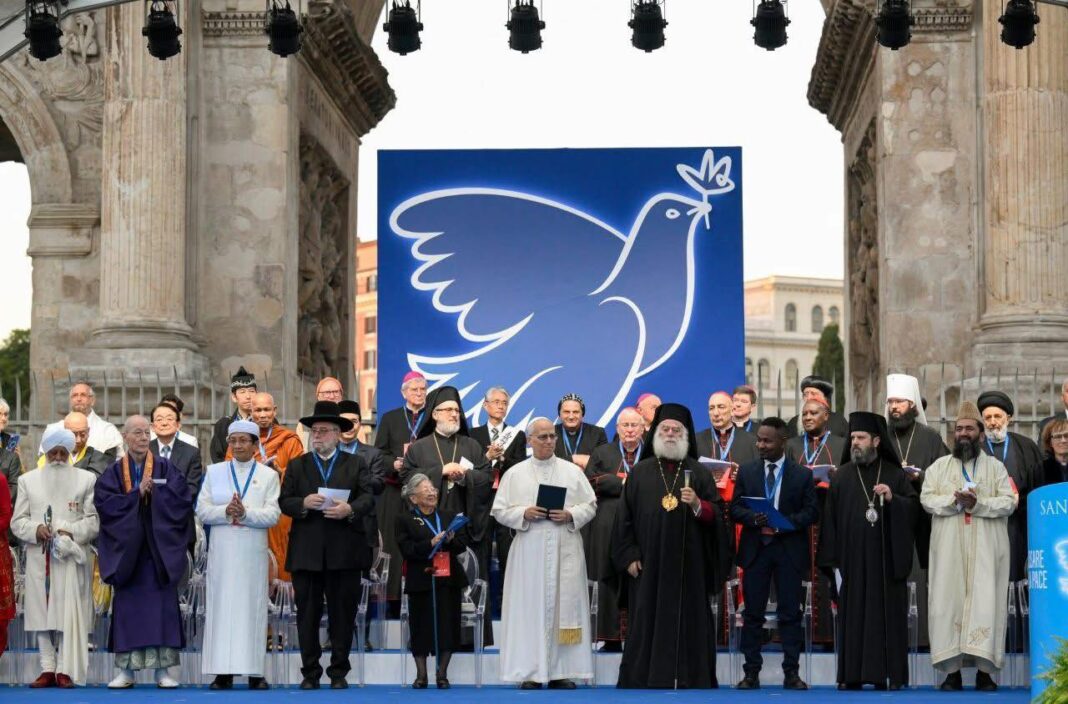By Katsuhiro Asagiri
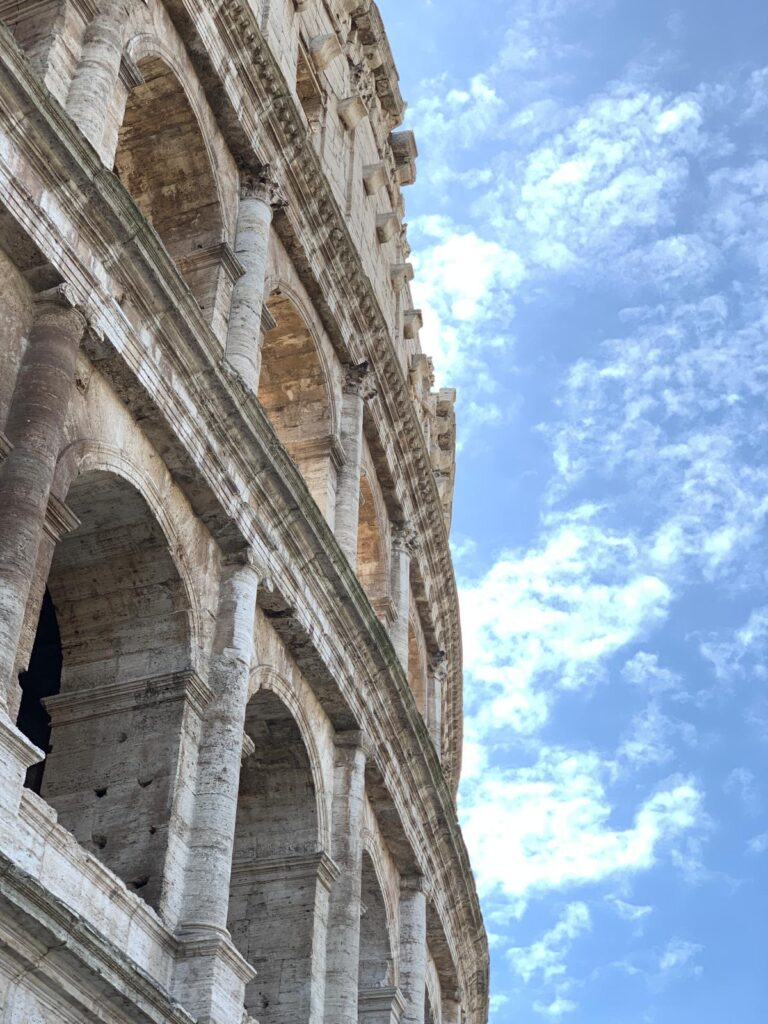
ROME/Tokyo (IPS) – Under the shadow of the Colosseum, a monument once associated with the violence of empire, faith leaders from around the world gathered to make a united plea for peace in a time of renewed global conflict.
The closing ceremony of the “Dare Peace” International Meeting for Peace: Religions and Cultures in Dialogue, organized by the Community of Sant’Egidio, brought together more than 300 representatives of different religions and cultures for three days of prayer, dialogue, and debate.
Presiding over the final ceremony on October 28, Pope Leo XIV issued a moral appeal that resonated beyond the ancient stones of Rome.
“War is never holy,” he said. “Only peace is holy, because it is willed by God.”
Faith Leaders Confront the “Arrogance of Power”
The Pope’s remarks came at a time when wars continue to devastate lives from Eastern Europe to the Middle East, and when millions of people have been displaced by violence and persecution.
Standing beneath the Arch of Constantine, the Pontiff condemned “the arrogance of power” and the growing indifference toward human suffering.
“The world thirsts for peace,” he declared. “We cannot allow people to grow accustomed to war as a normal part of human history. Enough — this is the cry of the poor and the cry of the earth.”
Candles flickered around the Colosseum as religious representatives from Christianity, Judaism, Islam, Buddhism, Hinduism, and other traditions prayed together for reconciliation. Among them was Hirotsugu Terasaki, Vice President of the Soka Gakkai International (SGI), a Buddhist organization known for its global advocacy for peace and human dignity.
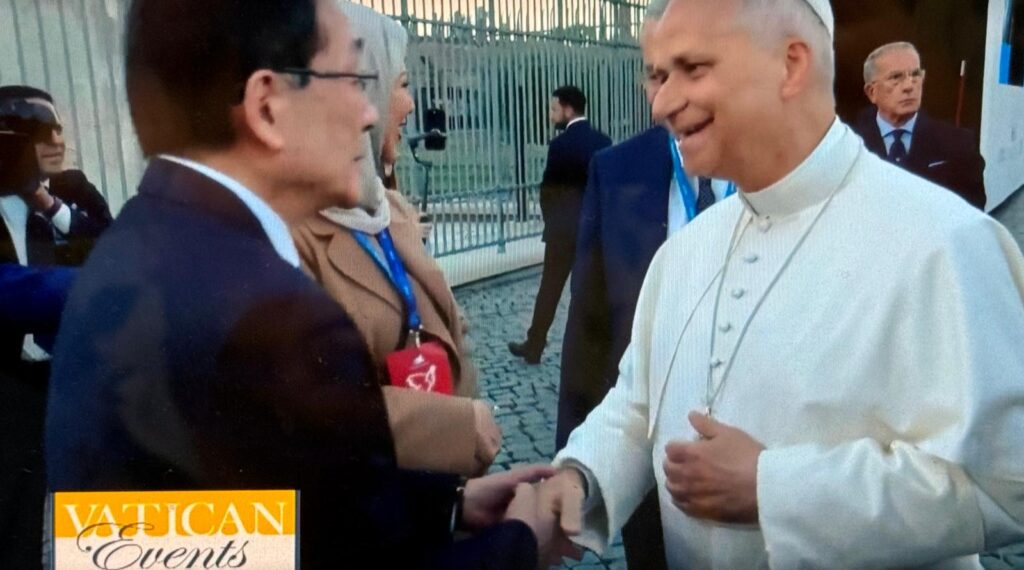
A Call for Political Responsibility
Pope Leo XIV also emphasized the responsibility of political leaders to seek peaceful solutions, warning that peace must not remain a rhetorical ideal.
“Peace must be the priority of every policy,” he said. “God will call to account those who failed to seek peace or who fomented tensions and conflicts — for all the days, months, and years of war.”
The speech reflected the Vatican’s growing concern that escalating conflicts and arms races are eroding the moral and legal frameworks designed to prevent war.
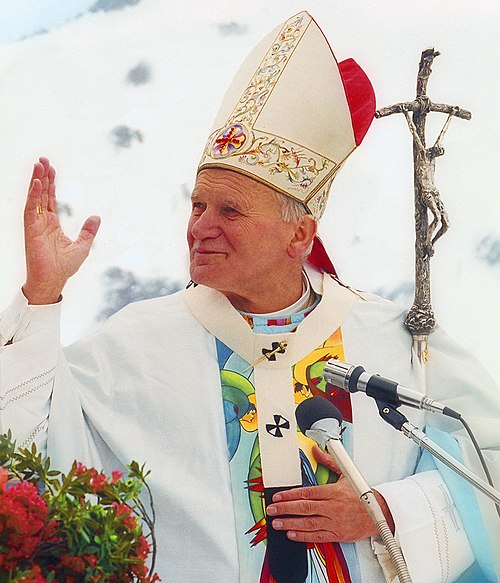
Continuing the Spirit of Assisi
The Dare Peace meeting marked nearly four decades since Pope John Paul II’s historic 1986 gathering of world religions in Assisi, a milestone in modern interfaith cooperation. The Community of Sant’Egidio has carried forward that “Spirit of Assisi,” creating an enduring space for faith-based diplomacy and grassroots dialogue.
“We have dared to speak of peace in a world dominated by polarization and the language of war,” said Marco Impagliazzo, President of the Sant’Egidio Community. “To close the paths of dialogue is madness. As Pope Francis said, the world suffocates without dialogue.”
The ceremony concluded with the lighting of a Candelabrum of Peace by faith representatives and a haunting trumpet solo performed by Italian musician Paolo Fresu, which echoed through the ancient arena as the crowd held a moment of silence for victims of all wars.
Forum Highlights the Dignity of Life
Earlier in the day, SGI participated in Forum 22, titled “Justice Does Not Kill: Abolishing the Death Penalty,” held at the Austrian Cultural Forum in Rome.
Professor Enza Pellecchia, from the University of Pisa and coordinator of the Italian Universities Network for Peace, represented SGI at the event. She highlighted the philosophical and moral foundations of the Buddhist organization’s long-standing campaign to end the death penalty, drawing from the writings of SGI founder Daisaku Ikeda.
“The State has no right to take a human life,” she said, quoting Ikeda. “To deny dignity even to those who have erred is to diminish the value of all life. It is a tendency that ultimately devalues humanity itself.”
Professor Pellecchia noted the alignment between Ikeda’s humanistic philosophy and Pope Leo XIV’s pro-life stance, expressed in his recent declaration that “one cannot truly call oneself pro-life while accepting the death penalty or any form of violence that prevents life from flourishing.”
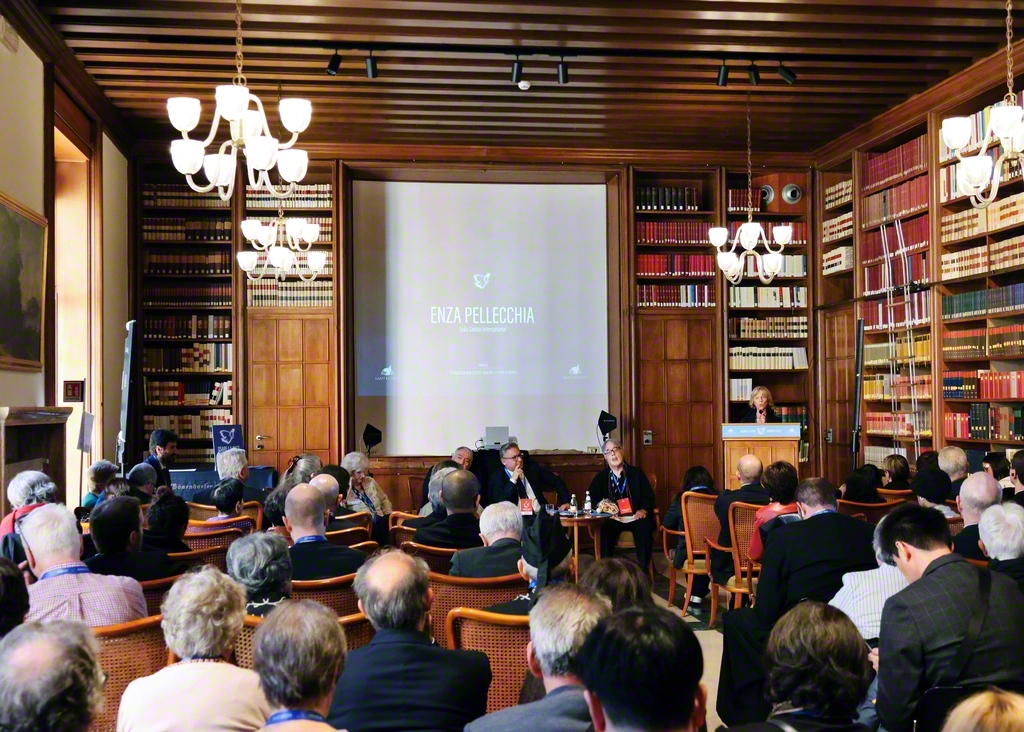
She recalled the historical collaboration between SGI and the Sant’Egidio Community in promoting a UN moratorium on the death penalty, which gathered nearly one million signatures across Italy in 1999.
“That experience showed that cooperation among different spiritual traditions can generate extraordinary moral power,” she said. “Today, more than ever, we need that same energy of dialogue and mutual trust.”
Religion as a Voice for Peace
Over the decades, the Colosseum has become a stage for interfaith appeals against violence. Yet participants said this year’s gathering carried a deeper urgency, reflecting the rising tide of global conflict, displacement, and authoritarianism.
“Peace begins with the transformation of the human heart,” said SGI’s Hirotsugu Terasaki. “Interfaith cooperation is not symbolic — it is a method for changing history.”
His words echoed the central message of the meeting: that peace is not merely the absence of war, but the presence of moral courage, compassion, and dialogue.
A Plea That Still Echoes
As the evening drew to a close, children from across the world stepped forward to present a Peace Appeal to diplomats and government officials, a gesture meant to remind the adults in power that the next generation will inherit the consequences of their choices.
In his final words, spoken softly before the Colosseum fell silent, Pope Leo XIV said:
“God wants a world without war. He will free us from this evil.”
As the crowd dispersed into the night, the candles continued to burn — a fragile constellation of light among the ruins of empire, a quiet act of hope and resistance in a world still learning to dare peace.
INPS Japan


